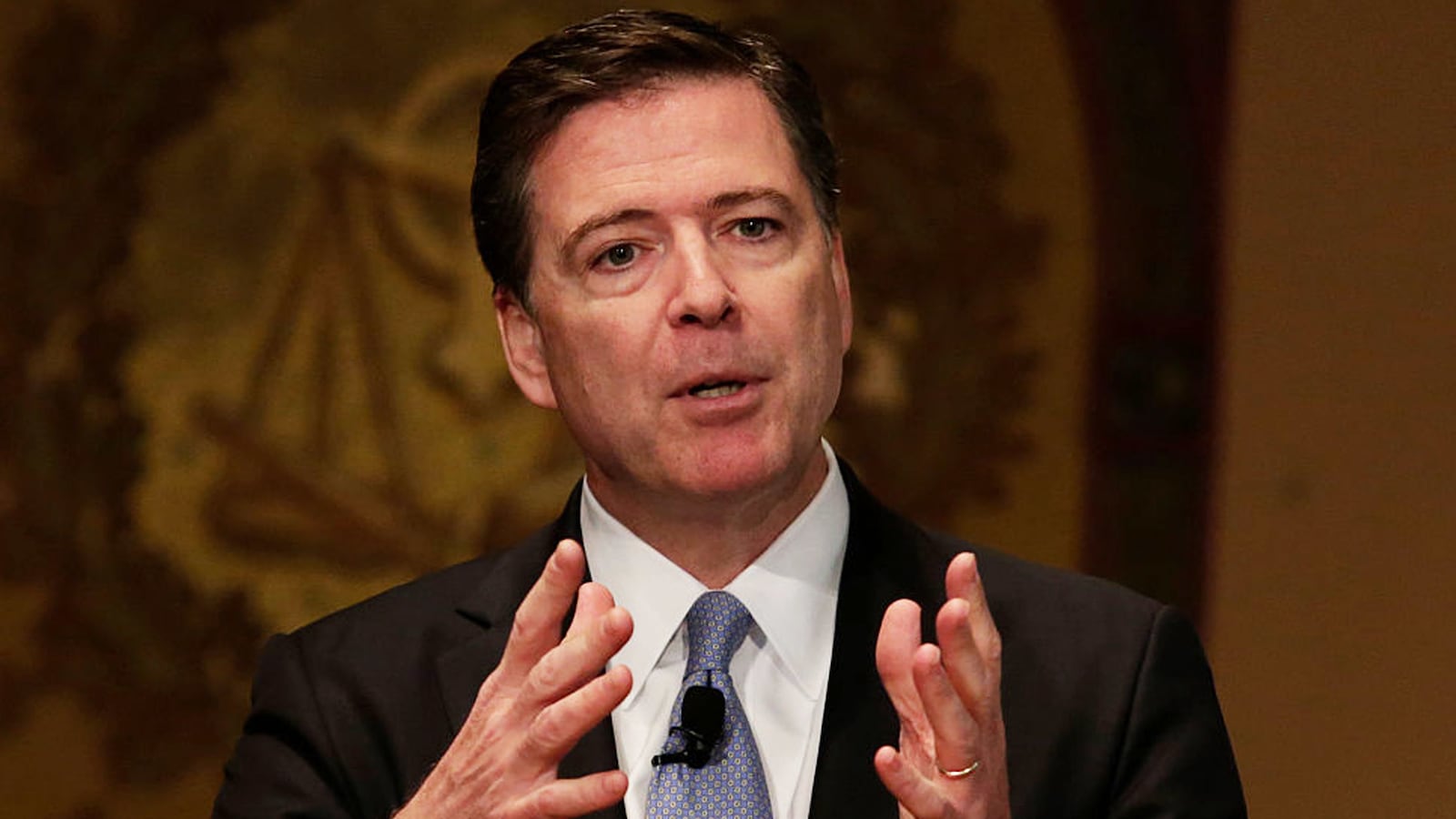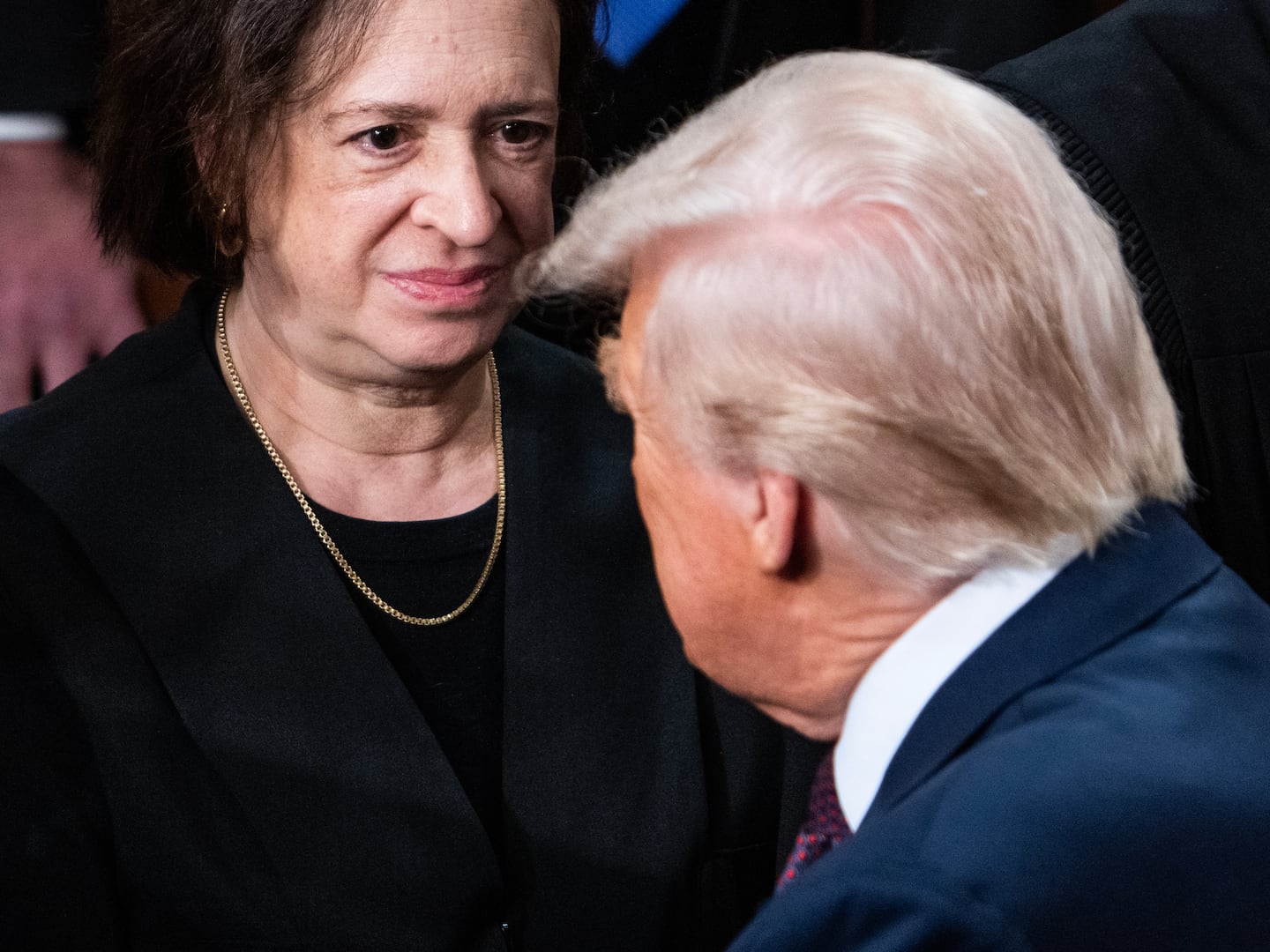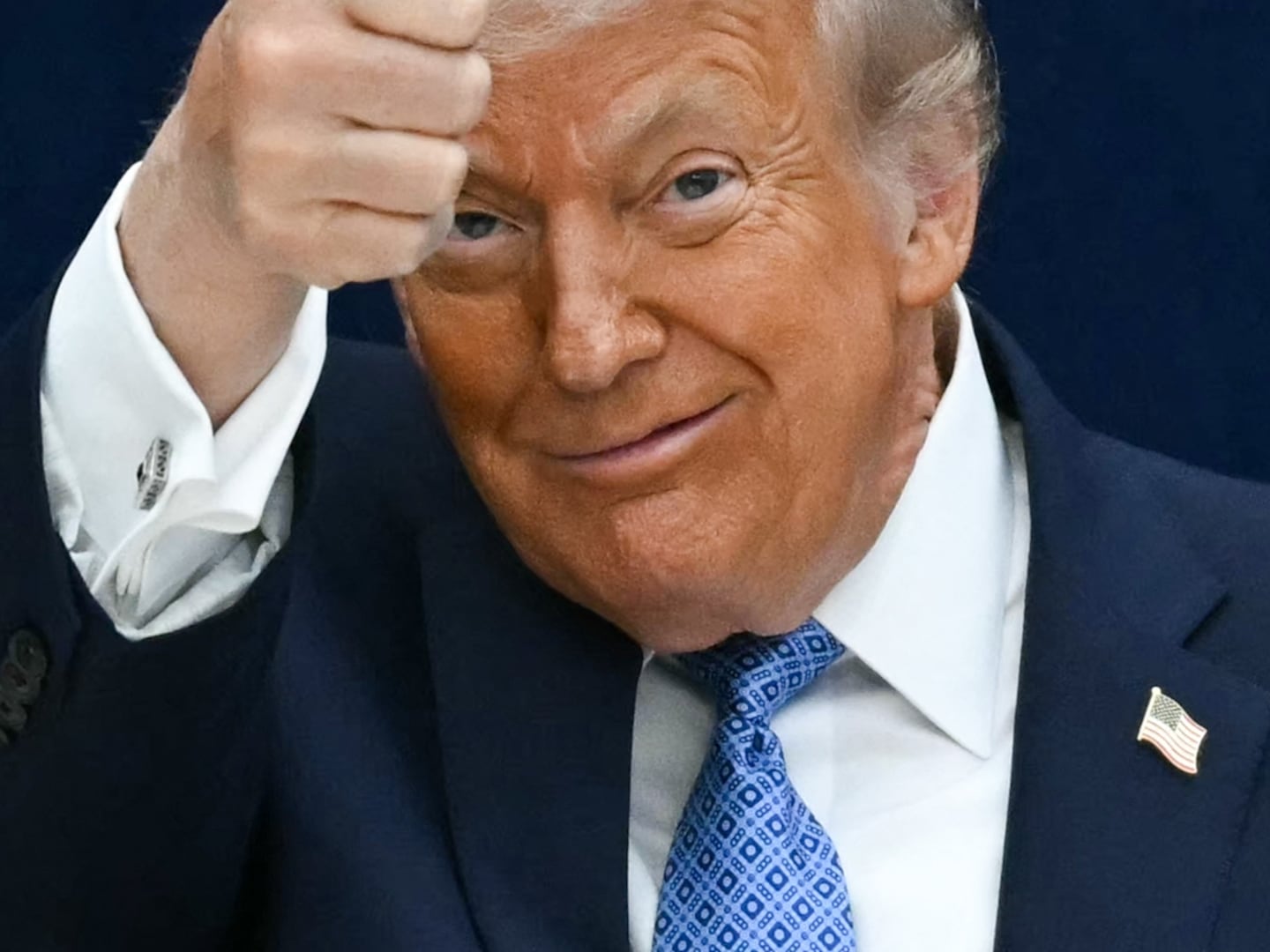The FBI just said—again—that it won’t be criminally charging Hillary Clinton for spilling secrets. But the probes into Clinton’s activities are far from over. And now, the Bureau and its leadership could be the ones coming under investigators’ scrutiny.
FBI Director James Comey pronounced on Sunday that investigators have found nothing in emails to and from Hillary Clinton recently recovered on Anthony Weiner’s laptop that alters the FBI’s decision not to recommend criminal charges against the Democratic nominee.
“Based on our review, we have not changed our conclusions that we expressed in July with respect to Secretary Clinton,” Comey wrote in a letter to the heads of four congressional committees. The FBI chief had previously said that while Clinton and her aides were “extremely careless” to use a private server for official business when she ran the State Department, “no reasonable prosecutor” would have pursued a criminal case against them for mishandling classified information.
Comey’s announcement suggested that the FBI will not continue to pursue Clinton over her controversial email system, which came as welcome news to her campaign less than two days before Americans head to the polls. Comey had been under immense pressure to go through the emails and determine their relevance to the case, and he told lawmakers that agents had been working “around the clock.”
But Clinton’s email saga is unlikely to die when the next president is chosen on Tuesday. It’s also unlikely that Comey will escape further examination and questions about his leadership; he drew withering criticism from Republicans and Democrats for revealing the existence of the emails in another letter earlier this month without elaborating on what they said or whether they were significant. Even the president, in an unusual move, publicly criticized the Bureau’s handling of the episode.
Republican lawmakers continue to investigate whether Clinton committed perjury when she testified before Congress about her email system. And in a statement Sunday evening, the chairman of the Republican National Committee insisted that “the FBI found evidence Clinton broke the law” and said that the bureau “continues to investigation the Clinton Foundation for corruption involving her tenure as Secretary of State.”
The FBI did open a preliminary inquiry into the foundation, but it has essentially halted. Agents have reportedly been at odds with corruption prosecutors over whether there’s sufficient evidence to pursue the case.
For their part, Democrats are ready to launch their own investigation of the FBI and why Comey decided to reveal the existence of the emails rather than avoid public comment on an investigation so close to an election, as Justice Department guidelines advise. Last week, two senior members of Congress called on the Justice Department’s inspector general to investigate how former New York mayor Rudy Giuliani, an adviser to Donald Trump, obtained information about Comey’s earlier letter to Congress telling them of the new emails. Giuliani has since tried to backtrack his statements and said he wasn’t in touch with active FBI agents on the matter.
Reps. Elijah Cummings and John Conyers asked the watchdog to investigate the source of leaks to Giuliani, saying it was “absolutely unacceptable” for the FBI to disclose information about a candidate so close to an election. “Leaking this information to former FBI officials as a conduit to the Trump campaign is equally intolerable,” they wrote.
“In the days that come, we will have many questions about the FBI's handling of this investigation,” Conyers said in a statement Sunday evening.
Members of Congress and their staff appeared taken by surprise with Comey’s letter confirming that the Clinton matter was once again being put to rest. Republican and Democratic aides said they’d received no briefings yet from the FBI and that they only knew as much as Comey had told them.
His latest letter also left open the question of whether investigators had looked at emails sent among Clinton’s aides, and whether any of them might face further scrutiny. While Comey said that nothing had changed his conclusions, which were that neither Clinton nor her aides should face charges, his new letter only mentioned the review of the new emails “with respect to Secretary Clinton.” He didn’t mention Huma Abedin, a close Clinton aide and Weiner’s estranged wife, with whom she reportedly shared the laptop that contained the emails in question.
Abedin swore under oath in a deposition that she’d handed over all devices that she used to conduct State Department business when she worked for Clinton there.
Brian Fallon, Clinton’s campaign press secretary, responded to the FBI’s announcement on Twitter: “We were always confident nothing would cause the July decision to be revisited. Now Director Comey has confirmed it.”
Comey’s announcement rallied Clinton’s Democratic supporters in Congress.
“While the original letter should never have been sent so close to an election, the expeditious review of these emails should put to rest—once and for all—the irresponsible speculation indulged in by the Trump campaign and others,” Rep. Adam Schiff, the top Democrat on the House Intelligence Committee, said in a statement.
“This should end the email saga once and for all,” Sen. Dianne Feinstein, the top Democrat on the Senate Intelligence Committee, said in a statement. “The October surprise that came only 11 days before Election Day has unfairly hurt the campaign of one candidate and changed the tenor of this election.”
Appearing at a rally in Cleveland, her first event since the FBI’s announcement, Clinton didn’t mention Comey’s letter. After an introduction by the Cleveland Cavaliers’ LeBron James, the Democratic nominee delivered a fairly standard stump speech and encouraged voters to get to the polls.
"We've arrived at a moment of reckoning in this election. Our core values as Americans are being tested,” Clinton told a crowd at the Public Auditorium, before riffing on issues like the costs of childcare, clean energy jobs, paid family leave and making college tuition affordable.
But whatever damage the re-examination of her emails cost her may be irreparable. As of Saturday, some 40 million votes have already been cast in the presidential election—all of them without the knowledge that the FBI's inquiry has once again concluded without criminal charges. This includes more than 18 million votes cast in 12 battleground states.
Following Comey’s initial letter to lawmakers, Trump rose in the polls and Clinton declined slightly, though she retook a modest lead by this weekend.
—with additional reporting by Tim Mak







